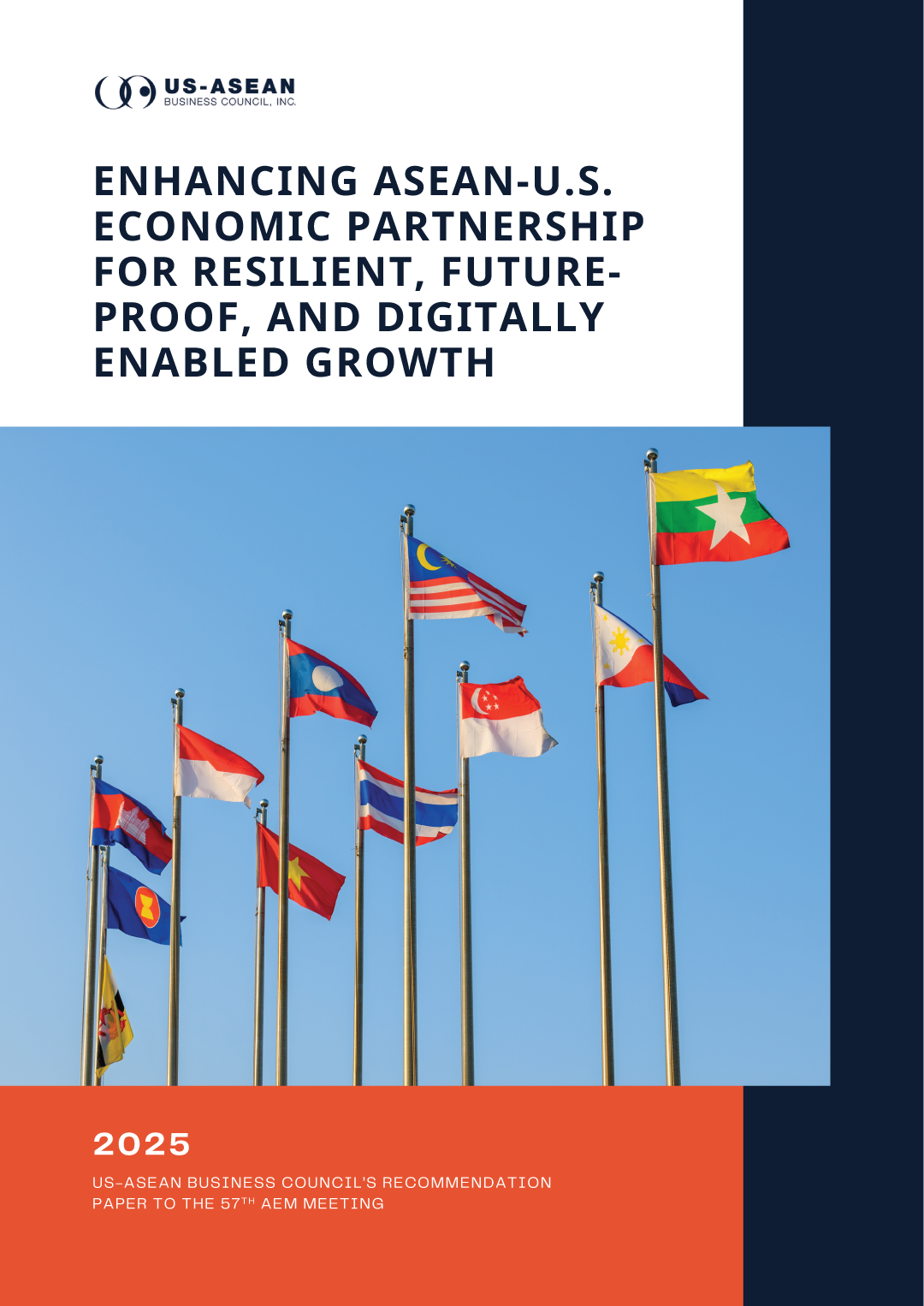Global Plastics Treaty–Pre-INC-5 Intersessional Work and ASEAN Member States’ Stance

At the pre-INC-5 intersessional work session in Bangkok (24 – 28 August), participants discussed ways to catalyze financing towards the achievement of the Global Plastics Treaty’s goals and explored potential frameworks the treaty could take to improve plastics’ sustainability.
On the financial front, the report has been that there was little consensus or conclusion reached at the end, and no final summary report was published, signaling issues of financing and implementation measures are likely to remain a large hurdle in INC-5.
On the frameworks of the treaty, the intersessional working group published summary reports on suggestions for INC-5 to take. The main takeaway of the reports is that upstream processes, like plastic production, should be the main focus of the treaty. To that end, the group recommended focusing on altering the chemical makeup of plastics and polymers instead of targeting plastic and polymers themselves. The purpose of this is to make products more recyclable and reusable to bolster pollution prevention and reduction efforts.
Despite it not being the main focus, the group also identified recommendations for downstream processes, like recycling, such as reducing mismanagement of plastic waste, by improving recycling and waste management capabilities, to increase the circularity of plastic products.
Regarding general approaches, the group came to two main consensuses. The first is that each country, with their differing capabilities in implementing the treaty, should be accommodated according to said capabilities. To that end, the treaty should follow the Paris Agreement’s framework of Nationally Determined Measures where targets are nationally determined based on national frameworks and capabilities, with a focus on nations’ implementation abilities.
The second is that trade should not be restricted and that the World Trade Organization’s rules should be upheld. The group recommended prioritizing the least trade restrictive measures, like innovating on new technologies, over measures that will restrict trade, like discrimination against imports, in achieving the goals of the treaty.
ASEAN, as a bloc, has not made its position clear on the treaty. Given ASEAN’s consensus-building model, this is likely due to the internal divergence of opinions on the treaty by member states.
Singapore’s stance has been to prioritize the promotion of more extended producer responsibility schemes, like legislation to force producers to design more recyclable plastics, over schemes that will limit and reduce the production of plastic products due to concerns over the latter’s influence on the cost of production.
In contrast, Thailand pursues the least ambitious option available for everything, except on schemes limiting and reducing plastic products’ production.
Meanwhile, other ASEAN countries have expressed no positions on the matter or have pursued the least ambitious options for everything.
Given such a diversity of stances, it is likely that there would not be a standardized ASEAN stance or legislation on the issue of plastics sustainability, which might form a regulatory obstacle that hinders multi-national corporations’ operations in multiple ASEAN countries.







![Cover-[USABC-Final]-Driving-ASEAN-Unity-Malaysia's-Vision-for-2025](/sites/default/files/2025-07/Cover-%5BUSABC-Final%5D-Driving-ASEAN-Unity-Malaysia%27s-Vision-for-2025.jpg)


